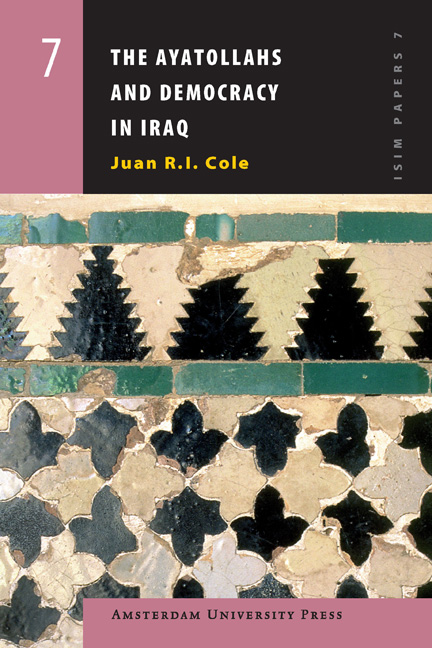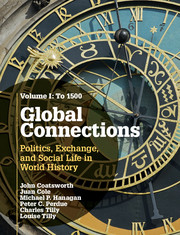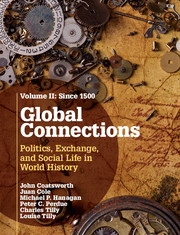The Sultanate of Oman under the rule of Sultan Qaboos (r. 1970–2020) developed a culture of peacemaking and mediation over the five decades of his rule. Oman’s geographical position on the edge of the Arab world abutting the Strait of Hormuz, its good relations with both Saudi Arabia and Iran, the diversity of its population (with significant Baluch, South Asian, and African minorities), and the adherence of many of its people to Ibadi Islam (i.e., neither Sunni nor Shiite), all contributed to this potential for a role as mediator. The personality and convictions of Sultan Qaboos himself, however, were central to the development of the country’s eirenic foreign policy. Although it is a member of the Gulf Cooperation Council (GCC) that groups the Arab Gulf oil monarchies, including Kuwait, Bahrain, Qatar, the United Arab Emirates and Saudi Arabia, established in 1981 to counter Iran’s rising power, Oman has steadfastly pursued an independent foreign policy.
In the second decade of the twenty-first century, Oman played a mediating role in three big crises wracking the Middle East. These included US–Iran relations, the Saudi and UAE war on Yemen, and the Qatar Crisis that began in 2017. In each instance, Oman offered a neutral ground on which conflicting sides could meet, and it exercised its good offices in carrying proposals from one side to the other. Oman’s mediation efforts initially succeeded with regard to the Obama administration and Iran, but faltered once the Trump administration breached the Joint Comprehensive Plan of Action (JCPOA), Iran Nuclear Deal. In Yemen, Oman kept lines open to all of the belligerents, and facilitated transfer and medical treatment of POWs, but Sultan Qaboos was unable during his last years to bring the sides together for serious negotiations. The rise of extremism in neighboring Mahra province threatened to embroil Oman itself in the conflict. With regard to the Qatar blockade in 2017–2021, Oman supported the mediation efforts of Kuwait and also made its own efforts. Oman’s own mediation between Qatar, on the one hand, and Saudi Arabia and the United Arab Emirates, on the other, from 2017 forward may have smoothed the rough edges of the conflict and helped to pave the way, along with Kuwait and Washington, for its resolution at al-Ula in January 2021.


